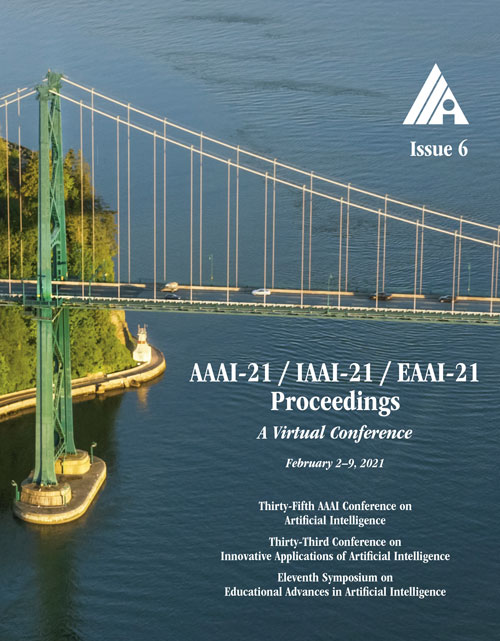A Few Queries Go a Long Way: Information-Distortion Tradeoffs in Matching
DOI:
https://doi.org/10.1609/aaai.v35i6.16642Keywords:
Social Choice / VotingAbstract
We consider the one-sided matching problem, where n agents have preferences over n items, and these preferences are induced by underlying cardinal valuation functions. The goal is to match every agent to a single item so as to maximize the social welfare. Most of the related literature, however, assumes that the values of the agents are not a priori known, and only access to the ordinal preferences of the agents over the items is provided. Consequently, this incomplete information leads to loss of efficiency, which is measured by the notion of distortion. In this paper, we further assume that the agents can answer a small number of queries, allowing us partial access to their values. We study the interplay between elicited cardinal information (measured by the number of queries per agent) and distortion for one-sided matching, as well as a wide range of well-studied related problems. Qualitatively, our results show that with a limited number of queries, it is possible to obtain significant improvements over the classic setting, where only access to ordinal information is given.Downloads
Published
2021-05-18
How to Cite
Amanatidis, G., Birmpas, G., Filos-Ratsikas, A., & Voudouris, A. A. (2021). A Few Queries Go a Long Way: Information-Distortion Tradeoffs in Matching. Proceedings of the AAAI Conference on Artificial Intelligence, 35(6), 5078-5085. https://doi.org/10.1609/aaai.v35i6.16642
Issue
Section
AAAI Technical Track on Game Theory and Economic Paradigms

